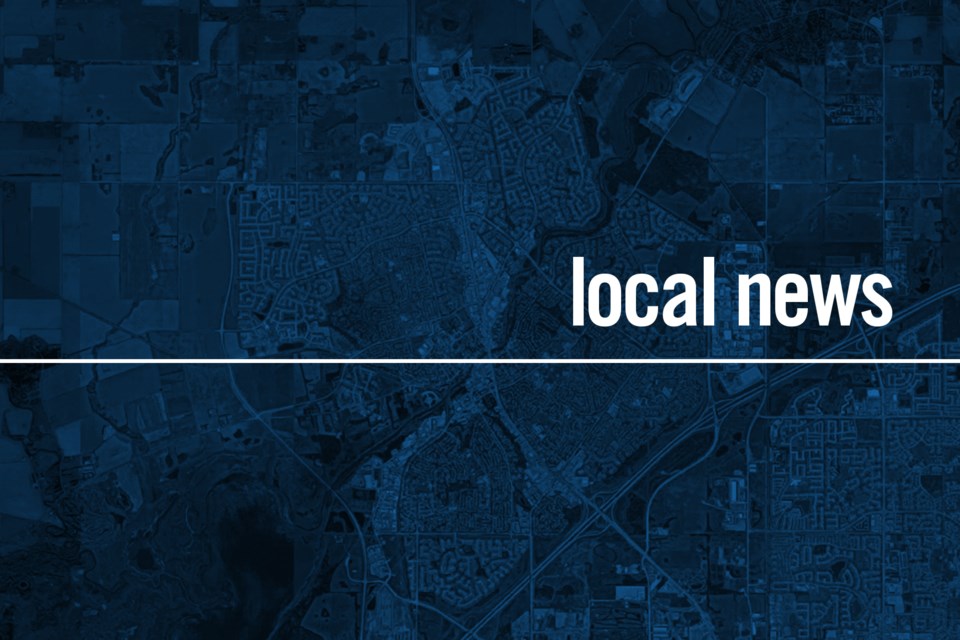For four years, Basil Delaney’s mother lay in a bed, immobile, unable to recognize anyone and unable to speak with a prolonged case of Alzheimer’s.
“She just lay in a bed and was fed for four years with a spoon, and you put the spoon on her lip, and she opened her mouth – that was the only function that I could see that there was life,” said Delaney, a St. Albert resident.
The experience led him to get involved with the organization Dying with Dignity.
“I think most people who are strong about saying, 'That's not how my life will end,' we want to say it is logical to decide – take control of our lives and decide what is right for me as an individual ... I think that the quality of life will be better in my final years if I make my own decisions. We now have options that didn't exist five years ago, so why not think about these things and decide and share them with folks who are around you?” he said.
April 16 is Advance Care Planning Day across Canada. The day is held to promote and raise awareness to advance care planning (ACP).
It’s not an easy topic to talk about, but talking about it might make it easier for yourself, your loved ones and health care professionals to make decisions about your care if you are no longer able to.
“The doctors and nurses, and the attendants – they want to know what you want. They don't want to be making decisions for you, so it really strengthens the whole medical effort and your health care if you let the folks who respond to your needs as opposed to them having to make decisions,” said Delaney.
Advance care planning is essentially a plan that a person has relating to emergency and end-of-life care. If you are incapable of consenting to or refusing treatment, an ACP can inform medical professionals and loved ones what you wish to do. Generally, a document stating your wishes is held in your medical passport or "Green Sleeve."
Delaney said the Green Sleeve is one thing emergency personnel will ask for in an emergency situation.
“That Green Sleeve tells the ambulance: What are their wishes? And most people, certainly as you get older, if your health needs are significant, it's a document that tells the team, do I need resuscitation, do I want you to do everything you can to keep me alive, or do you just give me comfort care,” he explained.
Delaney said there are five steps in creating a Green Sleeve. The first is to think about your values and wishes.
“Are your goals to live your end of life in a health care system setting – a kind of commercial setting. Or would you like to say in your home or your own apartment?"
The second step is to consult with your doctor to learn about your own health so you can make informed decisions about what could be right for you.
Delaney said the third step is to choose an agent.
“That would be the person who will be speaking for you should you not have the capacity,” he explained.
After that, it is important to communicate your values and wishes to your family.
“Maybe your family or maybe your children, all have different views. And so, you're trying to avoid that if you are in a difficult situation,” he said.
The final step is to document who you want to be your agent and what your wishes are, Delaney said. The document is known as a personal directive.
Delaney said an advance care plan isn’t something that should be left until later in life as a situation can arise at any time.
“We are a little different from a generation ahead of us. We are more comfortable now. We know what our options are now. We've drawn on experience where some person may have ended up in a very difficult situation at the end of life and there was no joy. The quality of life was terrible. And people get that. We are a society now, more of a say, ‘It's my life, it's my choice. I decide on how I wish to die.’’
Alberta Health Services has a guide for creating a Green Sleeve and goes into detail about things that should be considered in end-of-life care.
Organizations like Dying with Dignity and The Canadian Hospice and Palliative Care Association are holding virtual events about ACP on April 16.




